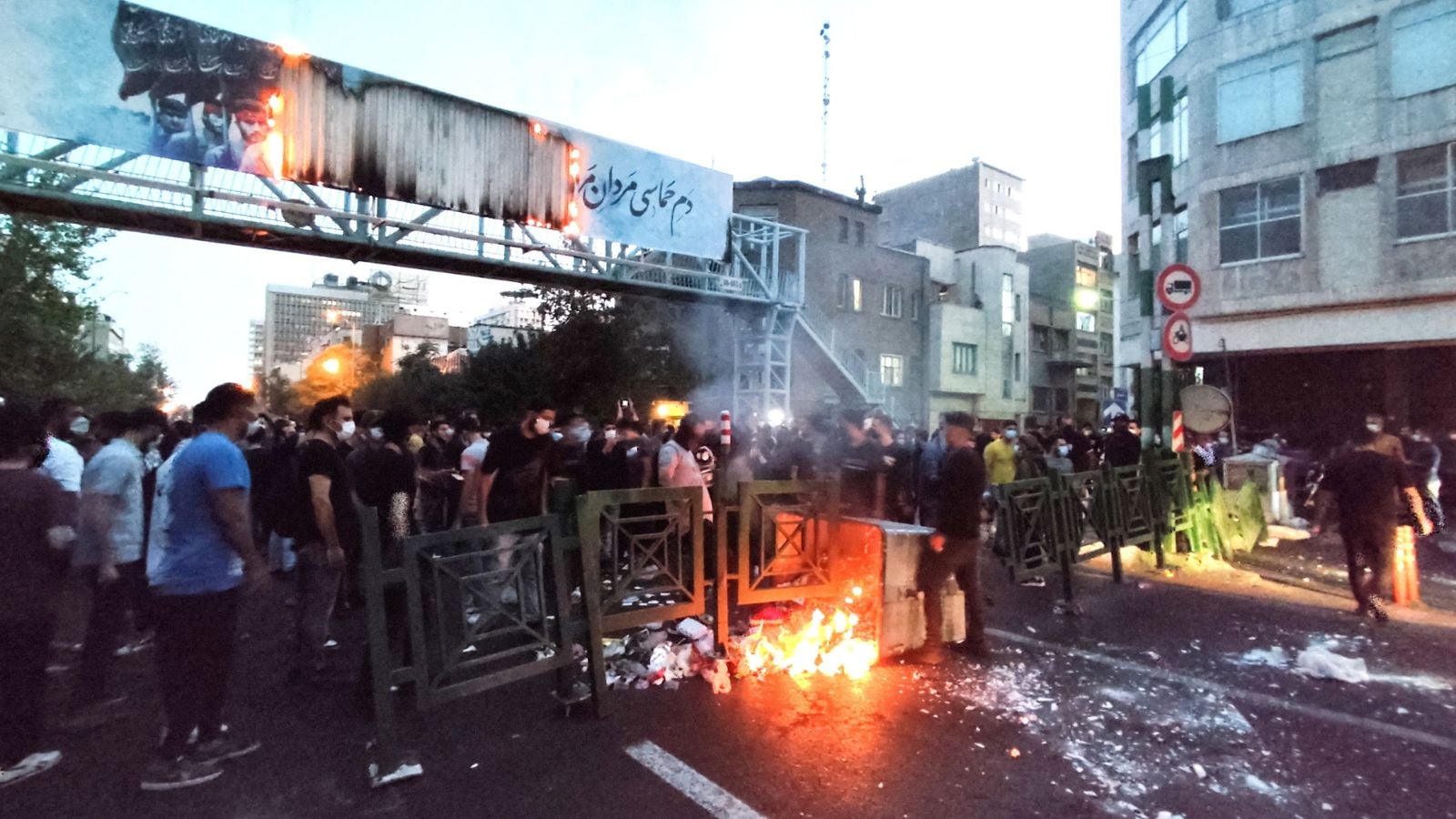SOUTH KOREA’S AI GAMBIT: HOMEGROWN MODELS TO CHALLENGE U.S. GIANTS

National strategy and industry push
South Korea is mobilizing tech giants and startups to build large language models tailored to Korean language, culture and enterprise needs. The approach blends public grants with private investment, tapping chip capacity, tier-one universities and media corpora to accelerate model training. Policymakers frame the plan as strategic autonomy: reduce reliance on U.S. platforms, secure data sovereignty, and seed exportable AI services in finance, retail and manufacturing. Founders say customers want models that handle honorifics, dialects and local compliance—features global systems often miss.
Risks, timelines and the global race
Hardware bottlenecks, inference costs and talent wars remain hurdles, while regulators weigh safety benchmarks and copyright rules for training data. Still, companies are piloting domain-specific copilots and call-center agents, aiming for regional rollouts across Asia. If Korea can pair robust evaluation with competitive pricing, its models could slot into multi-model stacks where enterprises mix local and global systems. The next milestones: benchmark wins, enterprise references, and stable funding through the 2026 budget cycle.





















